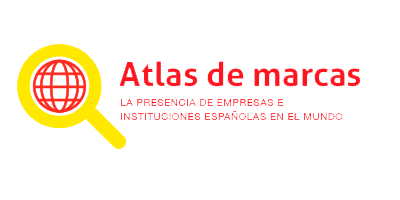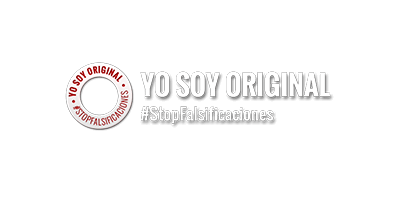Te ayudamos a multiplicar el valor de tus activos intangibles
Áreas y servicios
Te ofrecemos un asesoramiento integral sobre cualquier aspecto relacionado con los activos intangibles.
Industrias y Sectores
Conocemos tus retos en torno a la Propiedad Industrial e Intelectual. Ponemos nuestro equipo multidisciplinar a tu servicio.
Novedades
ELZACLOUD IP COMMUNITY
Todos sus datos a un solo click con nuestra
plataforma colaborativa para la gestión de sus activos PI
ELZACLOUD IP COMMUNITY
Todos sus datos a un solo click con nuestra
plataforma colaborativa para la gestión de sus activos PI
NUEVO SERVICIO DE VIGILANCIA
Protección 360º para su marca
NUEVO SERVICIO DE VIGILANCIA
Protección 360º para su marca
PACTO MUNDIAL DE LA ONU
ELZABURU se adhiere a la Declaración para
la Cooperación Renovada del Pacto Mundial de la ONU
PACTO MUNDIAL DE LA ONU
ELZABURU se adhiere a la Declaración para
la Cooperación Renovada del Pacto Mundial de la ONU
Canal
ELZABURU
Entrevistas con nuestros profesionales sobre propiedad industrial e intelectual y tecnologías de la información.
Aliado de

Miembro de



Colabora con


¿Necesitas información?
Abogados y técnicos
+
0
Clientes activos
0
Asuntos activos
0
Años de experiencia en tribunales
0
Nuestro equipo a tu servicio
El mayor valor de Elzaburu es su capital humano
ELZABURU es una firma especializada en propiedad industrial e intelectual y tecnologías de la información, cuya misión es proteger, defender y poner en valor la innovación y creaciones de nuestros clientes.









